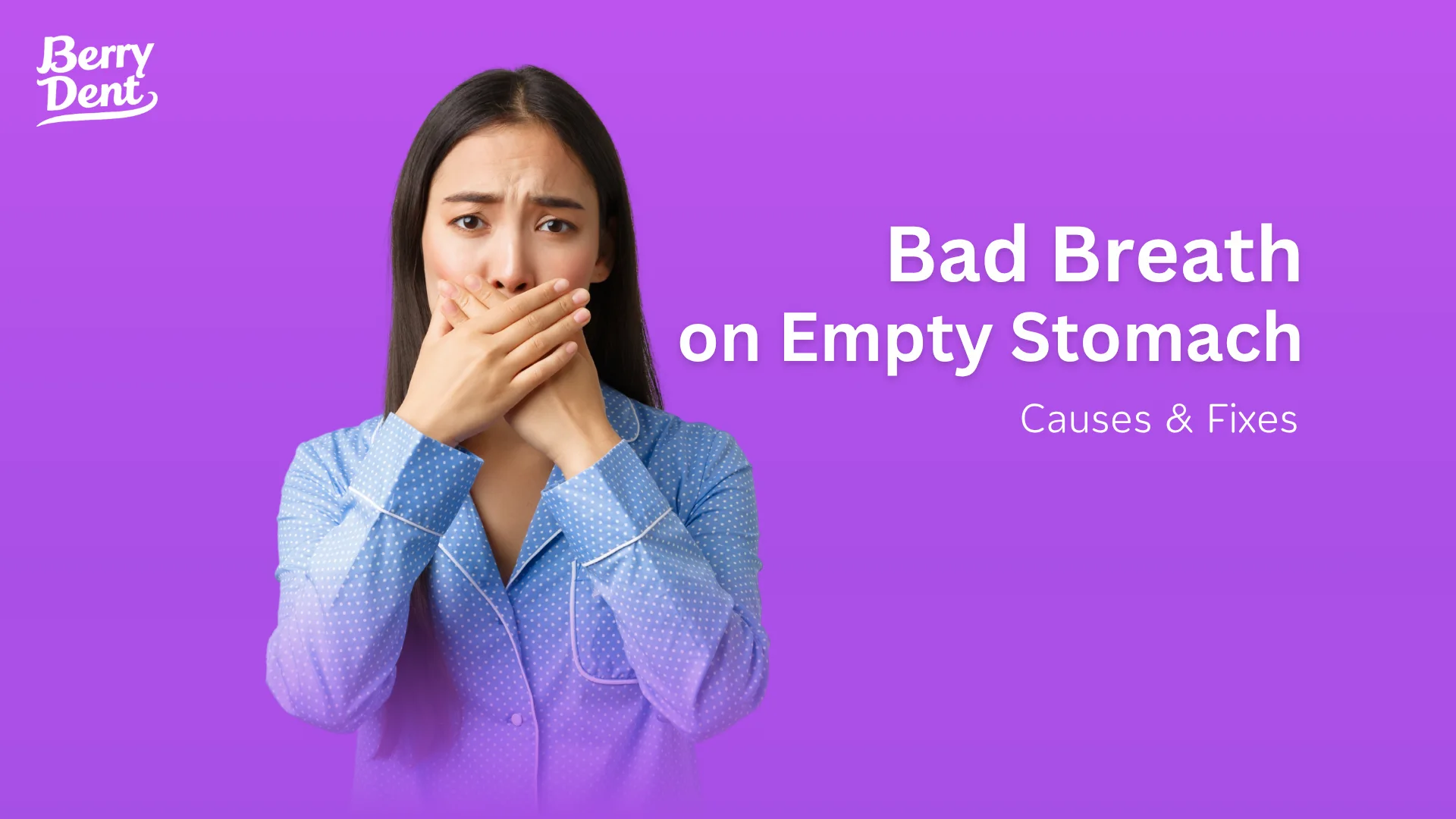Bad breath on an empty stomach, especially in the morning, is a common issue. Waking up with morning breath can be embarrassing. Berry Dent offers tips on managing oral hygiene to reduce bad breath for fresher breath, even when your stomach is empty.
Causes of Bad Breath on an Empty Stomach
- Reduced Saliva Production
When your stomach is empty, your body produces less saliva. Saliva washes away food particles and reduces bacterial buildup in the mouth. When saliva decreases, bacteria increase, resulting in bad breath.
- Oral Bacteria
While we sleep or have an empty stomach, saliva production decreases. Saliva washes away bacteria and food particles. With less saliva, bacteria thrive and release foul-smelling gases, causing bad breath.
- Stomach Acid
On an empty stomach, stomach acid can reflux into the esophagus, causing an unpleasant odor.
- Food Debris
Food particles stuck between teeth or on the tongue, especially strong-smelling foods like garlic, onions, and meat, provide a feast for bacteria. The longer the stomach is empty, the more time bacteria have to break down these food particles, worsening bad breath.
- Dehydration
Drinking too little water dehydrates the body and reduces saliva production, contributing to bad breath.
How to Fix Bad Breath on an Empty Stomach
- Drink Enough Water
Regularly drinking plain water will increase saliva production, washing away bacteria and food particles, and effectively reducing bad breath.
- Brush and Clean Your Tongue
Brushing your teeth at least twice a day, morning and night, with fluoride toothpaste, along with regular tongue cleaning, will help eliminate bacteria and food particles that cause bad breath.
- Floss
Flossing cleans between teeth where your toothbrush can’t reach—areas where food particles often accumulate and cause bad breath.
- Use Mouthwash
Mouthwash can help kill bacteria and reduce bad breath, but choose an alcohol-free formula, as alcohol can dry out your mouth and worsen bad breath.
- Chew Sugar-Free Gum
Chewing gum stimulates saliva production. Choose sugar-free gum to prevent cavities.
- Eat Breakfast
Eating breakfast will stimulate saliva production and reduce bad breath caused by prolonged fasting. Choose nutritious and easily digestible foods.
- See a Doctor
If you maintain consistent oral hygiene but still have chronic bad breath, see a dentist to identify the cause and receive appropriate treatment.
Bad breath on an empty stomach is a preventable and treatable problem. This includes using an effective toothpaste like Berry Dent, which, in addition to containing berry extracts with fruit enzymes that help reduce bacteria and plaque buildup, also has natural extracts and 1500 ppm fluoride—the maximum amount recommended by dentists.


